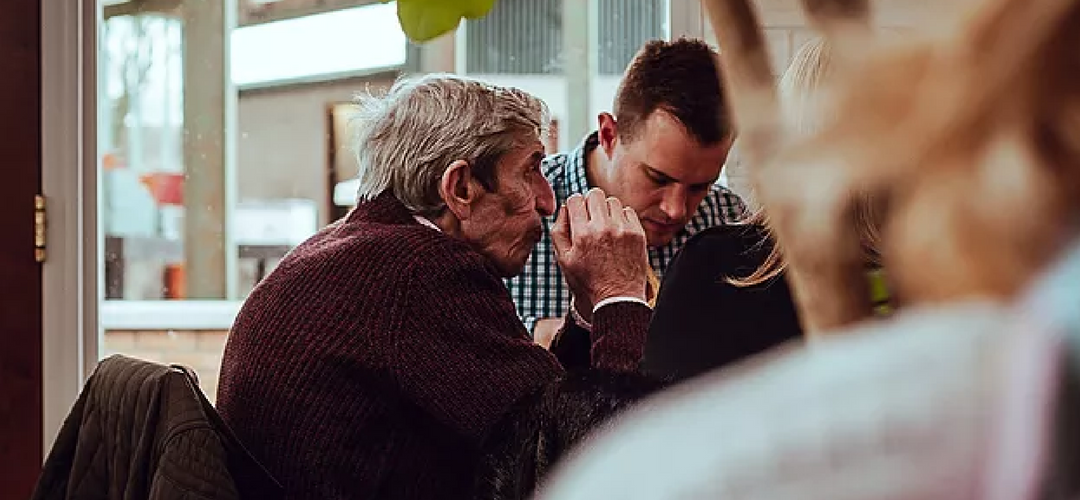Humans are social beings and generally do best when we are connected and in supportive relationships with the people who are important to us.
Many of us have ongoing and ever-evolving relationships with our families, friends and coworkers, but may not always be aware of how the views about ourselves are reflected in how we talk about others.
Dr. Wendy Patrick, Ph.D., addresses ways that people can project or infer traits in her recent article in Psychology Today.
Dr. Patrick reviewed research that indicates that when people describe negative characteristics in others, their peers may attribute those negative characteristics to the person who is stating them. The same appears to be true when people compliment others and focus on their positive traits as they are then viewed as having more positive characteristics.
Part of relationship-building is talking about other people. How we do that influences what others think about us.
- Trait transference is the term used to describe the way that the traits we identify in others become traits that are identified in us.
- Trait inference is when we learn information about someone that encourages us to make another conclusion based on that information. For example, if we learned that our coworker did well on a recent test, we would likely assume that they must be very smart.
Based on these principles, when we are able to compliment others, we are more likely to be seen as having more positive traits.
Our perceptions and attitudes influence how we see ourselves and the world, and how others view us.
In comparing ourselves to others, sometimes jealousy can surface. When we are jealous, we are focused on something that someone else has that we do not. It can be easy to become so focused on the one thing that we do not have, we are not able to focus on the things that we do have. To avoid having such a narrow focus, we have to challenge ourselves to broaden our view.
Jealousy can be useful and help remind us to focus on identifying what is missing in our own lives.
- Jealousy encourages us to focus on the other person, but, if we focus on what is missing in our own lives, we will be more productive in finding ways to make our lives better.
- Jealousy also has the power to tap into strong, usually negative feelings, about ourselves, which are important to separate from facts. It is important to keep in mind that, just because someone else is succeeding, your value doesn’t change.
- Jealousy can make us feel inadequate and isolated. If we work to lessen the distance between us and those we may be feeling jealousy towards, we have the opportunity to get to know them better and may find common ground.
- Jealousy tends to encourage us to be very critical of ourselves. If we can shift our focus to our own accomplishments and find value in them, we can become our own cheerleaders as we work towards accomplishing our goals.
The more we allow jealousy to distract us from ourselves, the more challenging it is to recognize and value our own positive attributes. It may help to identify goals you have already accomplished, particularly those that you thought would be especially difficult or may not be possible.
Recognizing positive qualities in others may prompt us to recognize those qualities in ourselves, helping us appreciate the qualities we want to build on and allowing us to identify qualities we would like to change.
For Help:
If you or someone you know might be struggling, utilize EAP benefits to seek services from highly qualified, licensed professionals. If someone you know is experiencing difficulty, let them know they are not alone and you are willing to assist them with finding the help they need. Sometimes just knowing you’re not alone is powerful in helping others seek the help they need.
If you or someone you know needs immediate mental health assistance, you can access a local crisis program, such as Carilion’s CONNECT (540-981-8181), go to the nearest emergency room or call 911.
Remember, it’s better to get help for yourself or someone else if needed. Getting help is better than the alternative.
Family Service of Roanoke Valley and Psychological Health Roanoke have qualified and experienced clinicians available to help you and your family.


